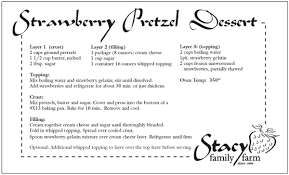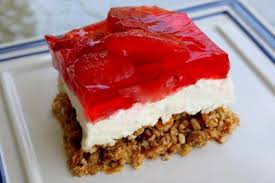Wishing you the HAPPIEST of all birthdays yet! Lots of love - and HEARTS, of course!! - from all your friends in Sharp Shooters, Four Photos and WIYM groups!!!! =^00^=
Though the exact origins of the pretzel remain mysterious, legend has it that the story began around A.D. 610, when Italian monks presented their young students with treats of baked dough twisted in the shape of crossed arms. At the time, crossing one’s arms was the traditional posture for prayer. As the custom spread through medieval Europe, the pretzel’s three holes came to represent the Holy Trinity—Father, Son and Holy Spirit—and the twisty baked good became associated with good luck, long life and prosperity.
The Catholic Church played a leading role in the early history of the pretzel. In the seventh century, the church dictated stricter rules governing fasting and abstinence during Lent than it does today. Pretzels, made of a simple mixture of water, flour and salt, were an ideal food to consume during Lent, when all types of meat, dairy and eggs were prohibited.
The first pretzels were baked as a soft, squishy bread, like the soft pretzels of today. Some say they were originally called “bracellae,†the Latin term for “little arms,†from which Germans later derived the word “bretzel.†According to others, the earliest pretzels were dubbed “pretiolas,†meaning “little rewards,†and handed out by the monks when their young pupils recited their prayers correctly. Whatever they may have been called, the popularity of these twisty treats spread across Europe during the Middle Ages. Seen as a symbol of good luck, prosperity and spiritual fulfillment, pretzels were also commonly distributed to the poor, as a way of providing them with both spiritual and literal sustenance.
& I will close with a Little dessert
&/OR
ENJOY! Blessings, cc
Page 15 of Mugsie's Comments
Back to Mugsie's profile
Thanks for joining Inspiration Station!
Hiya! Tracking shows that the This Is What I Make - July package arrived. Did you get it? If so, could you be so kind as to rate? Thank you!
Thank you for reaching out and sharing such kind words of calmness and encouragement. Patty xo
Wishing you the HAPPIEST of all birthdays yet! Lots of love - and HEARTS, of course!! - from all your friends in Sharp Shooters, Four Photos and WIYM groups!!!! =^00^=
;-) I hope we all get to enjoy a
PRETZEL or 2 or 3 or 4 or MORE for
NATIONAL PRETZEL DAY!!! ;-)
Though the exact origins of the pretzel remain mysterious, legend has it that the story began around A.D. 610, when Italian monks presented their young students with treats of baked dough twisted in the shape of crossed arms. At the time, crossing one’s arms was the traditional posture for prayer. As the custom spread through medieval Europe, the pretzel’s three holes came to represent the Holy Trinity—Father, Son and Holy Spirit—and the twisty baked good became associated with good luck, long life and prosperity.
The Catholic Church played a leading role in the early history of the pretzel. In the seventh century, the church dictated stricter rules governing fasting and abstinence during Lent than it does today. Pretzels, made of a simple mixture of water, flour and salt, were an ideal food to consume during Lent, when all types of meat, dairy and eggs were prohibited.
The first pretzels were baked as a soft, squishy bread, like the soft pretzels of today. Some say they were originally called “bracellae,†the Latin term for “little arms,†from which Germans later derived the word “bretzel.†According to others, the earliest pretzels were dubbed “pretiolas,†meaning “little rewards,†and handed out by the monks when their young pupils recited their prayers correctly. Whatever they may have been called, the popularity of these twisty treats spread across Europe during the Middle Ages. Seen as a symbol of good luck, prosperity and spiritual fulfillment, pretzels were also commonly distributed to the poor, as a way of providing them with both spiritual and literal sustenance.





& I will close with a Little dessert
&/OR
ENJOY! Blessings, cc